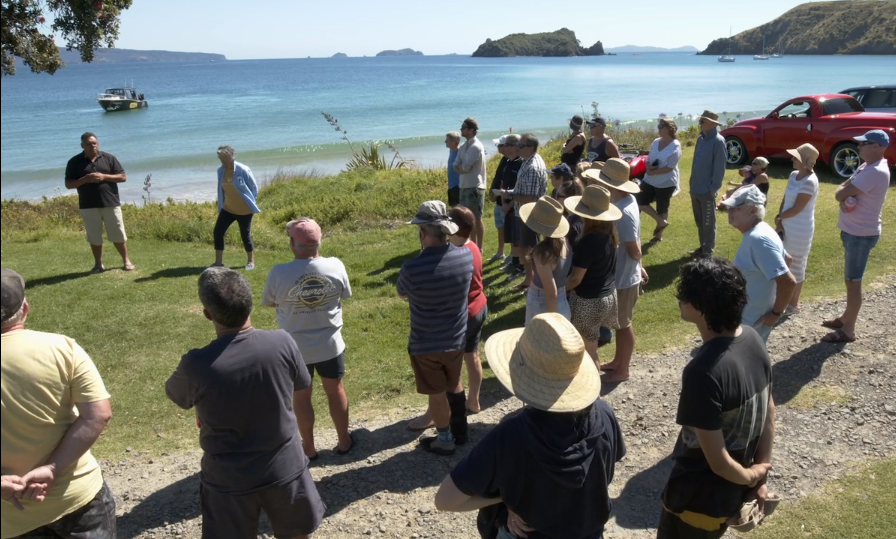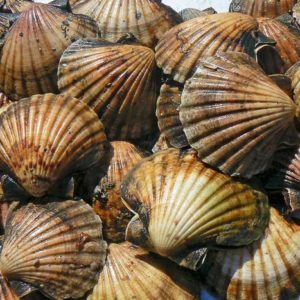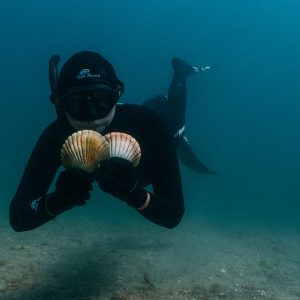It’s great to be alongside Ngāti Hei celebrating the Minister’s recent approval for a 2-year rāhui banning all scallop harvesting around the eastern Coromandel until September 2023. On the flip side, it is ominous for the sustainability of other scallop beds that remain open around the Hauraki Gulf and Bay of Plenty.

People around Omaha, Great and Little Barrier Islands are worried that commercial effort will now be focused on exploiting their local beds using the same benthic-destroying box dredges that were used around the Coromandel. In the last two seasons there have over 2300 scallop dredge events across the management area.
What’s more, there is no concurrent reduction in the total allowable commercial catch of 50,000 kg of meat weight even though the closure reduces the Coromandel fishery area by over 2400 km2.
LegaSea is one of many voices calling for a more holistic approach to fisheries management. Currently there is strong support for the Minister to close the Coromandel and Hauraki Gulf scallop fishery to all scallop dredging, otherwise we are just shifting effort to someone else’s waterfront. That is not okay. We must address the fundamental issue of dredging.
In 2000 the Government established the Hauraki Gulf Marine Park to protect in perpetuity the natural environment of the Gulf, for the benefit of all New Zealanders.
Twenty one years later it is hard to reconcile the statutory requirement on the Crown to sustain the life-supporting capacity of the water and marine ecosystems while dredging and bottom trawling continues in Park waters.
As we said in our thank you letter to the Minister, Hon. David Parker, if a dredging ban is good enough for the Coromandel it’s good enough for the whole Gulf. Likewise, it’s good enough for the whole country.
The rāhui sends a strong message that alternative harvest methods that have minimal impact on the environment are the future for marine wild stock harvest.
There are unseen barriers to achieving a nationwide ban on the use of destructive fishing techniques such as dredging and trawling in inshore waters. The Quota Management System has created a powerful lobby of commercial interests that oppose meaningful initiatives to rebuild depleted fish stocks and eliminate damaging harvest methods. This power bloc reaches into the realms of policy, science outcomes and even officials’ advice to Ministers.
This influence was highlighted in the Supreme Court hearing on kahawai management in 2009, when the Chief Justice questioned Crown Law if fisheries decisions were being made “interorum,” made in fear of consequences or a lawsuit. The Solicitor-General responded, “We’ll have to wait and see”.
A new stock assessment for the Coromandel scallop fishery is due by the end of the year. The first since 2012. The assessment will determine the sustainable catch limit and may give the Minister enough information to reset the total allowable commercial catch. It may even empower the Minister to ban scallop dredging throughout the fishery and promote hand-gathering instead.
A decision of that magnitude would be a win for all the people of the Gulf and give hope to other concerned communities around the motu. If you support a ban on bottom trawling and dredging from inshore waters, sign our petition at rescuefish.co.nz/petition.





